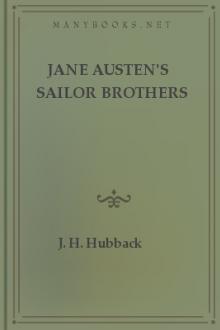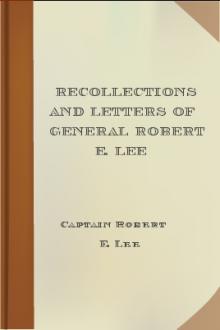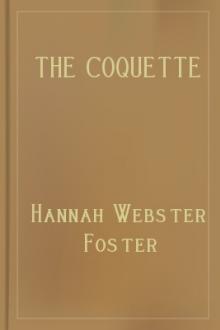Genre Biography & Autobiography. Page - 2
No registration or authorisation! And it is all for free!

she said, and withdrew her hands from his shoulders. The faces of both were now gazing straight on over the gold-flecked slope before them. "Go on, you are a man. I know you will not turn back from what you undertake. You will not change, you will not turn--because you cannot. You were born to earn and not to own; to find, but not to possess. But as you have lived, so you will die.""You give me no long shrift, mother?" said the youth, with a twinkle in his eye. "How can

ling depth of thesefeelings be written--with these I prayed, as if they were the keys of aninstrument, of an organ, with which I swelled forth the note of my soul,redoubling my own voice by their power. The great sun burning with light;the strong earth, dear earth; the warm sky; the pure air; the thought ofocean; the inexpressible beauty of all filledme with a rapture, an ecstasy, and inflatus. With this inflatus, too, Iprayed. Next to myself I came and recalled myself, my bodily existence.

nts; they were trusted to hired attendants; they were allowed a deal of air and exercise, were kept on plain food, forced to give way to the comfort of others, accustomed to be overlooked, slightly regarded, considered of trifling importance. No well-stocked libraries of varied lore to cheat them into learning awaited them; no scientific toys, no philosophie amusements enlarged their minds and wearied their attention." One wonders what would have been the verdict of this writer of fifty

used himself in the many long days during which he was confined to the house by ill health.It is at this stage the steam and kettle story takes its rise. Mrs. Campbell, Watt's cousin and constant companion, recounts, in her memoranda, written in 1798: Sitting one evening with his aunt, Mrs. Muirhead, at the tea-table, she said: "James Watt, I never saw such an idle boy; take a book or employ yourself usefully; for the last hour you have not spoken one word, but taken off the lid of that

west? He often asked himself that question in some amusement as they approached the coast of China. They entered a long winding channel and steamed this way and that until one day they sailed into a fine broad harbor with a magnificent city rising far up the steep sides of a hill. It was an Oriental city, and therefore strange to the young traveller. But for all that there seemed something familiar in the fine European buildings that lined the streets, and something still more homelike in that

Indian tribes were in a difficult position. Both the French and the English were trying to get their lands and each seeking to win their alliance against the other. Washington reminded the chiefs that he had their word of honor and so kept them with him.After receiving the French reply, the party started back home, going as far as possible in canoes. The rivers were swollen and full of ice, making the water-trip extremely dangerous. On Christmas Day, Washington began his long journey

. Sometime during our residence in Baltimore, Spec disappeared, and we never knew his fate.From that early time I began to be impressed with my father's character, as compared with other men. Every member of the household respected, revered and loved him as a matter of course, but it began to dawn on me that every one else with whom I was thrown held him high in their regard. At forty-five years of age he was active, strong, and as handsome as he had ever been. I never remember his being ill. I

They had been set in family connection,intimate by kin, intimate in earliest life by every outward tie, andespecially intimate by the subtile affinities of their spiritualnatures. Yet he who can, under any circumstances, entreat the love ofwoman, and then take advantage of her weakness or her confidence, is ananomaly in nature, and should have a special, judiciary here and inheaven.Since so much of the romance here following is truth, veritable truth,it is to be regretted that any error of

ng his name on the fête day of his patron Saint Miguel, which some biographers have confounded with that of his birthday.We may be forgiven for a few words about Alcala de Henares, since, had it only produced so rare a man as was Cervantes, it would have had sufficient distinction; but it was a town of an eventful historical record. It was destroyed about the year 1000, and rebuilt and possessed by the Moors, was afterwards conquered by Bernardo, Archbishop of Toledo. Three hundred years later